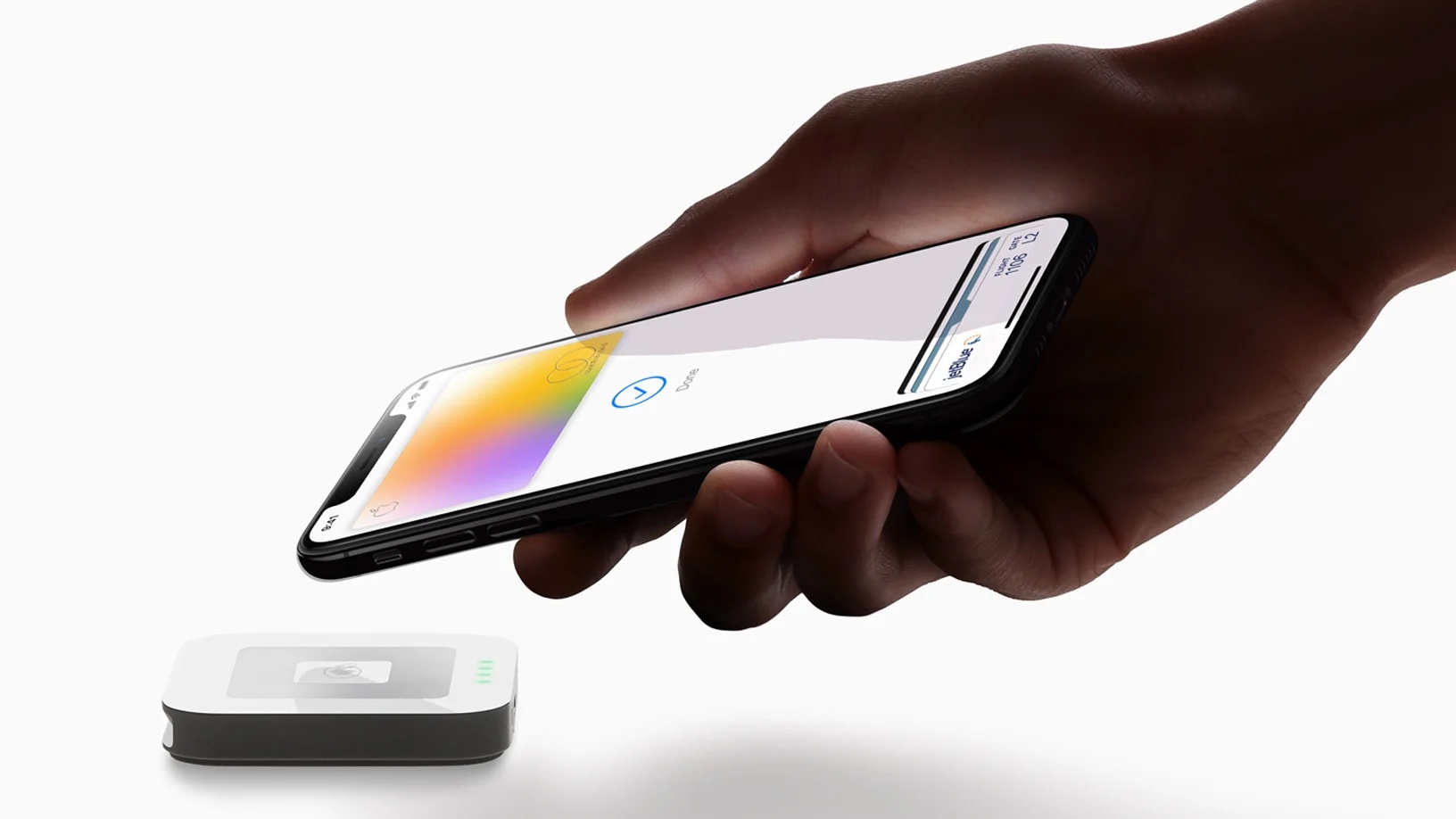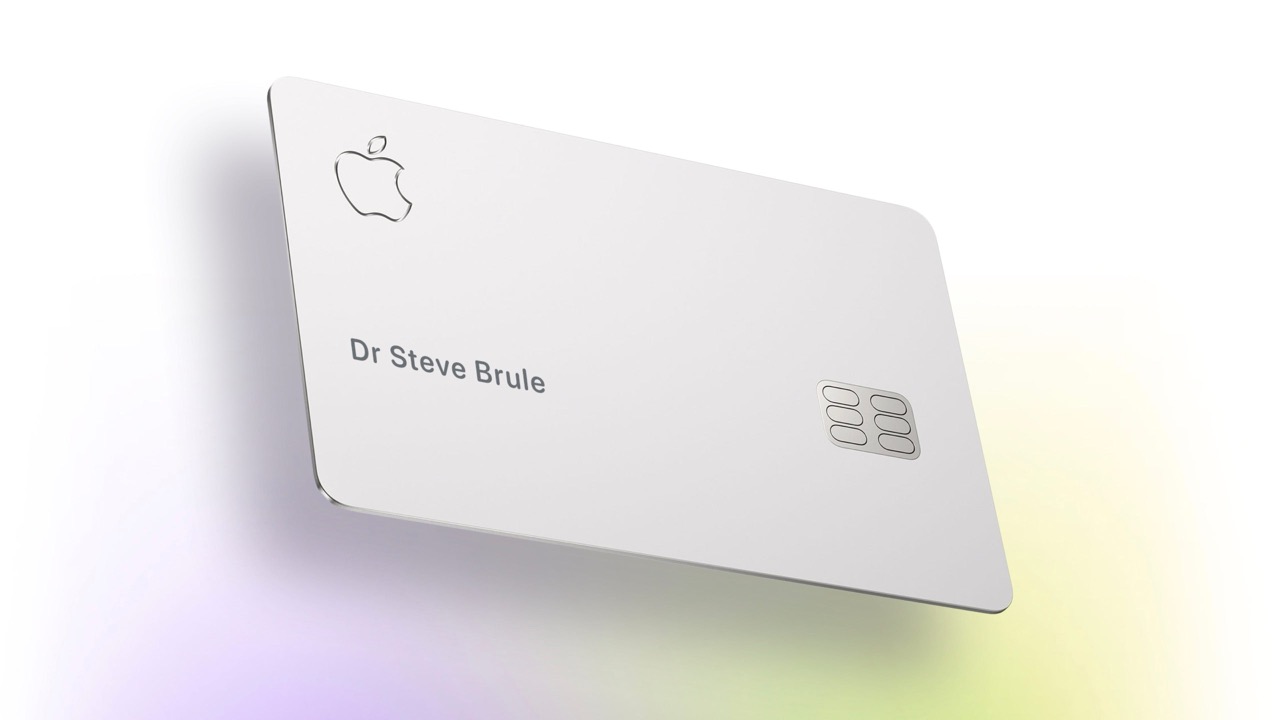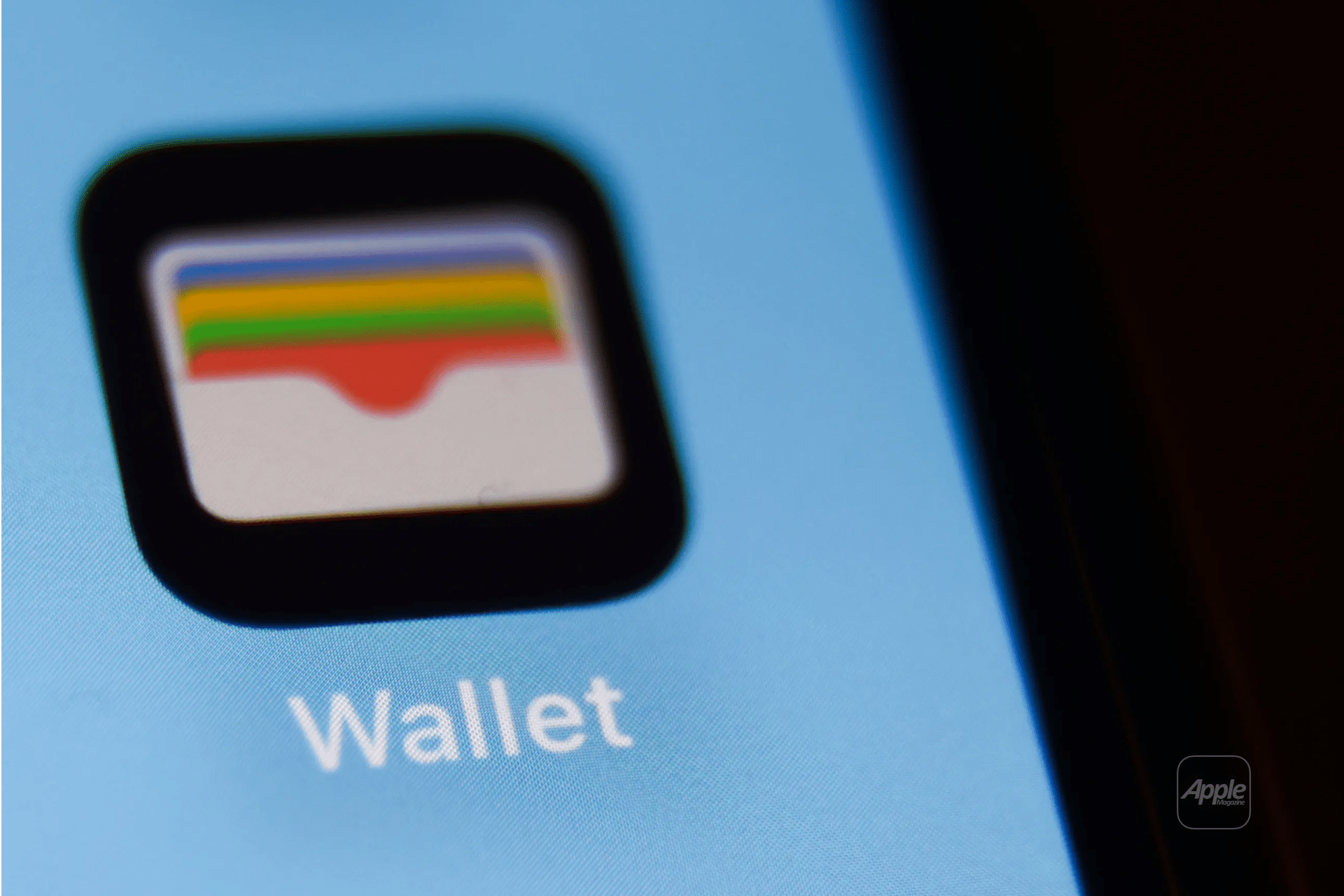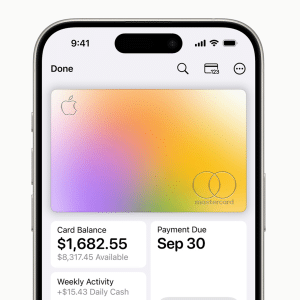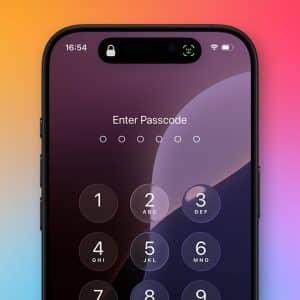In December 2023, Mirage Wine & Spirits, an Illinois-based beverage retailer, spearheaded a proposed class-action lawsuit targeting Apple, Visa, and Mastercard. The suit alleged that the trio engaged in anticompetitive practices to maintain high merchant fees for point-of-sale transactions. Specifically, it claimed Apple struck agreements with Visa and Mastercard, receiving a portion of transaction fees—described as a “very large and ongoing cash bribe”—in exchange for not launching a competing payment network. These payments reportedly amounted to 0.15% of all U.S. credit transactions and $0.005 per debit transaction processed through Apple Pay.
The plaintiffs argued that without such an agreement, Apple could have used its technological prowess to create a rival payment system, potentially driving down fees through competition. They further contended that Apple’s tight control over iPhone’s near-field communication (NFC) hardware stifled third-party payment solutions, reinforcing Visa and Mastercard’s dominance. This arrangement, the suit claimed, led to inflated costs for merchants, ultimately passed on to consumers.
Judge’s Ruling: Insufficient Evidence
U.S. District Judge David Dugan, presiding in the Southern District of Illinois, dismissed the lawsuit on July 9, 2025, citing a lack of sufficient evidence. He described the plaintiffs’ claims as a “slew of circumstantial allegations” that failed to substantiate a conspiracy. The judge noted that Apple’s contracts with Visa and Mastercard explicitly preserved the company’s right to compete, undermining the argument that Apple was bound by an anticompetitive deal. Additionally, the complexity, cost, and risk of launching a new payment network were cited as practical reasons for Apple’s reliance on existing networks.
While the dismissal is a setback for the plaintiffs, Judge Dugan granted them 30 days to amend their complaint and strengthen their case. Failure to refile by the deadline will result in the case being dismissed with prejudice, effectively ending the legal challenge. The ruling reflects the high bar for proving antitrust violations, particularly when alleging collusion among industry giants.
The Role of Apple Pay in the Payments Ecosystem
Since its debut in 2014, Apple Pay has become a cornerstone of mobile payments, allowing iPhone users to store credit and debit card information for seamless tap-to-pay transactions. Unlike traditional payment processors, Apple does not operate its own network but partners with established players like Visa, Mastercard, and American Express. Apple Card, for instance, runs on Mastercard’s network, while Apple Cash leverages Visa’s infrastructure. These partnerships have fueled Apple Pay’s rapid adoption, with mobile wallets now accounting for 21% of in-store transactions, a 10.9% increase since 2022.
Merchants, however, have long grumbled about transaction fees, which typically range from 1.5% to over 3% per purchase. The lawsuit argued that Apple’s integration with Visa and Mastercard, coupled with restricted access to NFC technology, eliminated incentives for fee reductions. Had Apple opened its NFC system to third parties or developed its own network, the plaintiffs suggested, merchants could have benefited from lower costs and greater competition.
Broader Context: Antitrust Scrutiny and Industry Dynamics
This case is part of a broader wave of legal challenges facing Apple’s payment practices. In the U.S., Apple Pay has been targeted in multiple antitrust lawsuits, including a 2023 case alleging coercion of consumers into using the service. Across the Atlantic, the European Union has pressured Apple to open NFC access to rival payment services, prompting reports in December 2023 that Apple might comply to avoid regulatory penalties. These developments underscore the growing scrutiny of Apple’s role in the payments ecosystem, where its control over iPhone hardware and software gives it significant influence.
Visa and Mastercard, too, have faced their share of legal battles. A 2023 settlement saw the two companies agree to pay $5.6 billion to resolve claims from millions of merchants over inflated interchange fees. The persistence of such lawsuits reflects the high stakes in the payment processing industry, where fees generate billions in revenue annually but burden merchants and, indirectly, consumers.
What’s Next for Merchants and Consumers
The dismissal offers temporary relief for Apple, Visa, and Mastercard, but the fight is far from over. If merchants like Mirage Wine & Spirits bolster their claims within the 30-day window, the case could resurface with stronger evidence. Meanwhile, Apple’s decision to maintain partnerships rather than build a proprietary payment network may reflect strategic pragmatism, given the costs and regulatory hurdles involved. For consumers, the outcome of such lawsuits could influence the cost of goods, as merchant fees often trickle down to retail prices.
The case also raises questions about the future of mobile payments. As digital wallets like Apple Pay gain traction, the balance of power between tech companies, payment processors, and merchants will continue to shape the cost and accessibility of transactions. For now, Apple’s victory preserves the status quo, but the pressure for a more competitive payment landscape is unlikely to fade.
